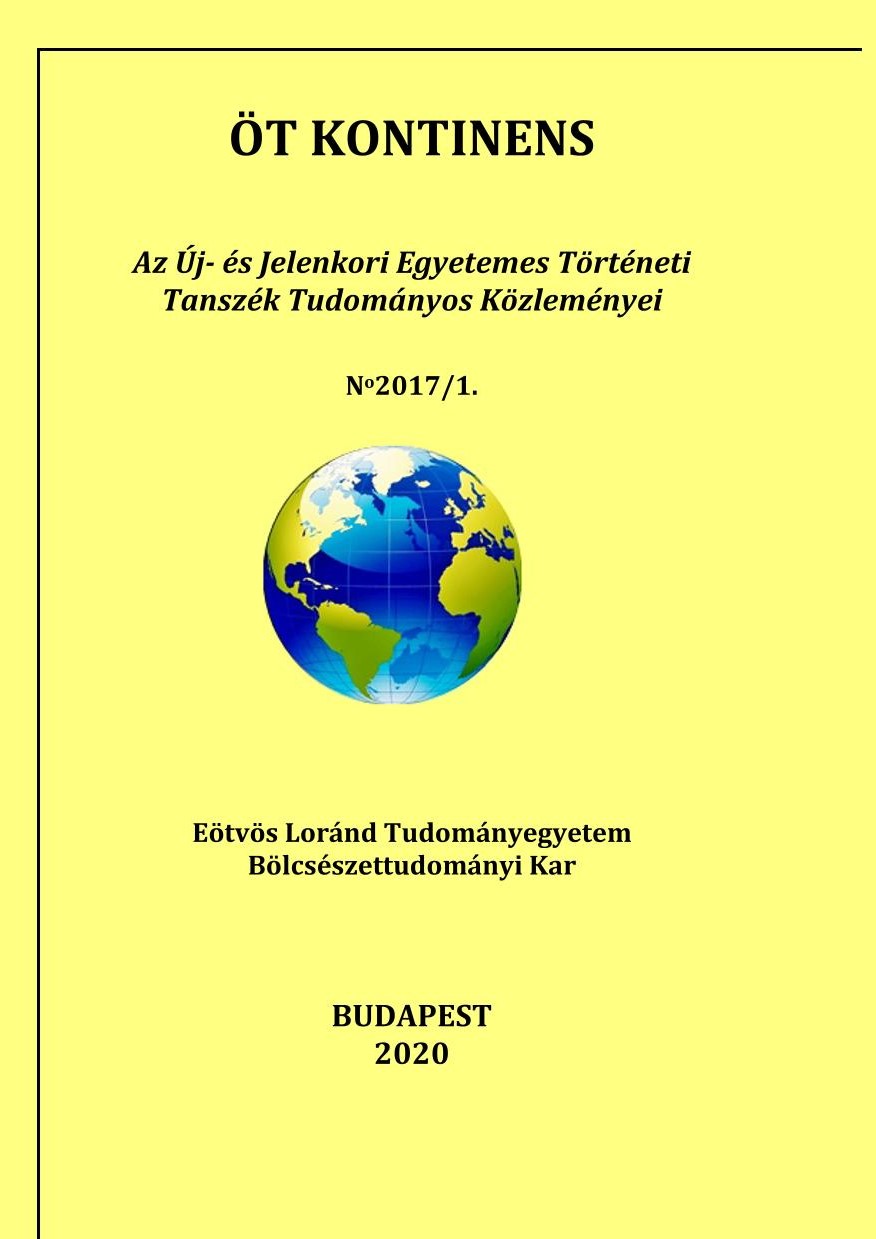Entwicklung der Nationen und Regionen in Europa
Development of Nations and Regions in Europe
Author(s): Csilla DömőkSubject(s): Political history, Politics and society, Transformation Period (1990 - 2010), Present Times (2010 - today), EU-Accession / EU-DEvelopment
Published by: Eötvös Loránd Tudományegyetem, Új-és Jelenkori Egyetemes Történeti Tanszék
Keywords: integration process; region; decentralisation; European internal policy; regionalism;
Summary/Abstract: It goes without saying that Europe is undergoing a radical transformation. We can observe the renaissance of subregional units and regional movements simultaneously. The political, economic, and cultural thinking as well as action regarding the subnational units of the states broke its way through predominantly in Europe. Regional movements demanded bigger autonomy for their sphere of powers and influence, partly by force, even until the separation of certain areas. They chose various reference points of geographical, ethical, linguistic, religious, cultural, historical, or economic dimensions to indicate an area, separated this way, as a region. Common characteristics that the residents of a region possess, create the feeling of a specialised unit and regional identity. The extremely wide range of regions within the European Union is of significant importance concerning the legal status, competencies in addition to the financial resources and thus the political quality of the subnational units.
Journal: ÖT KONTINENS
- Issue Year: 2017
- Issue No: 1
- Page Range: 59-68
- Page Count: 10
- Language: German

